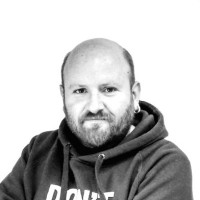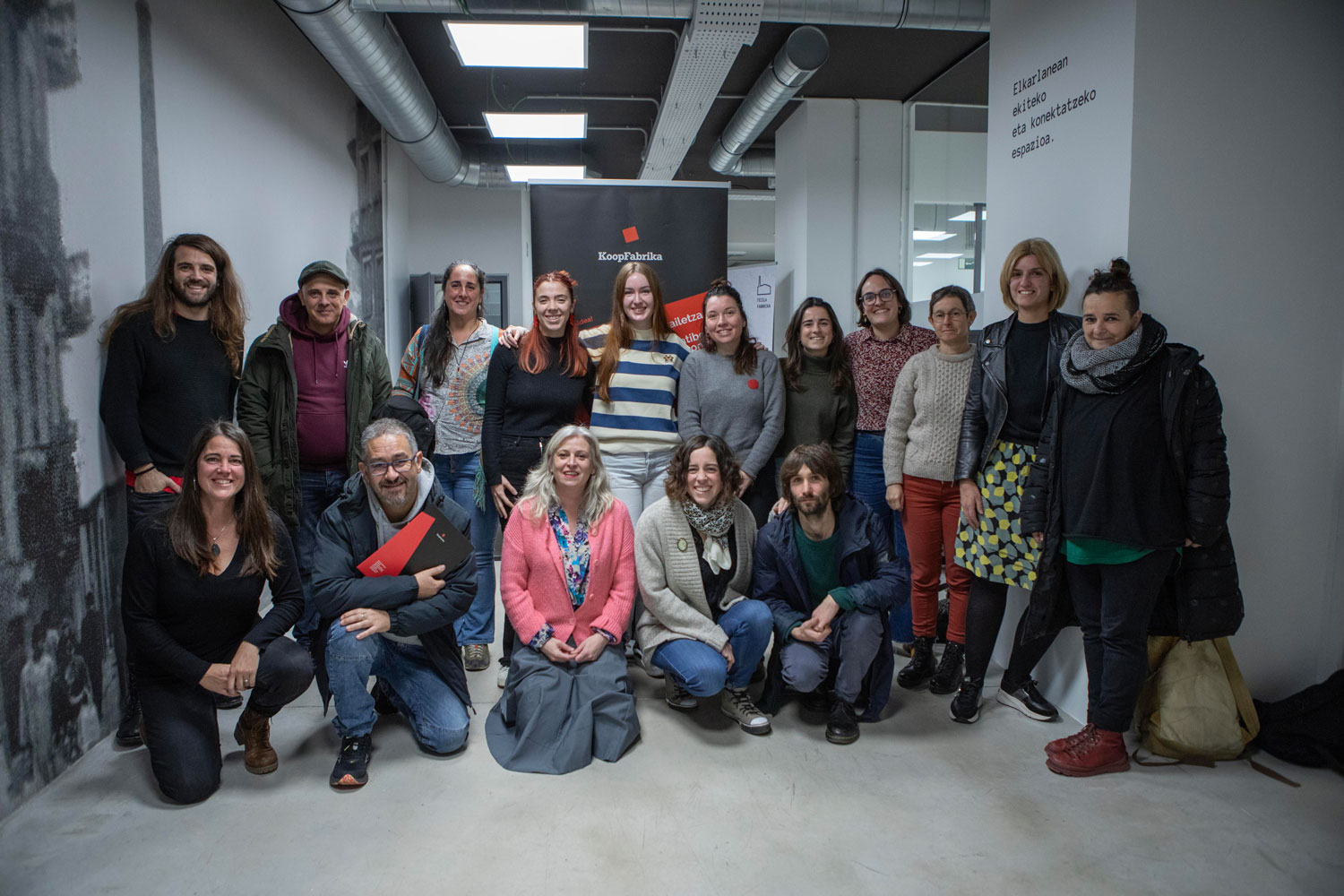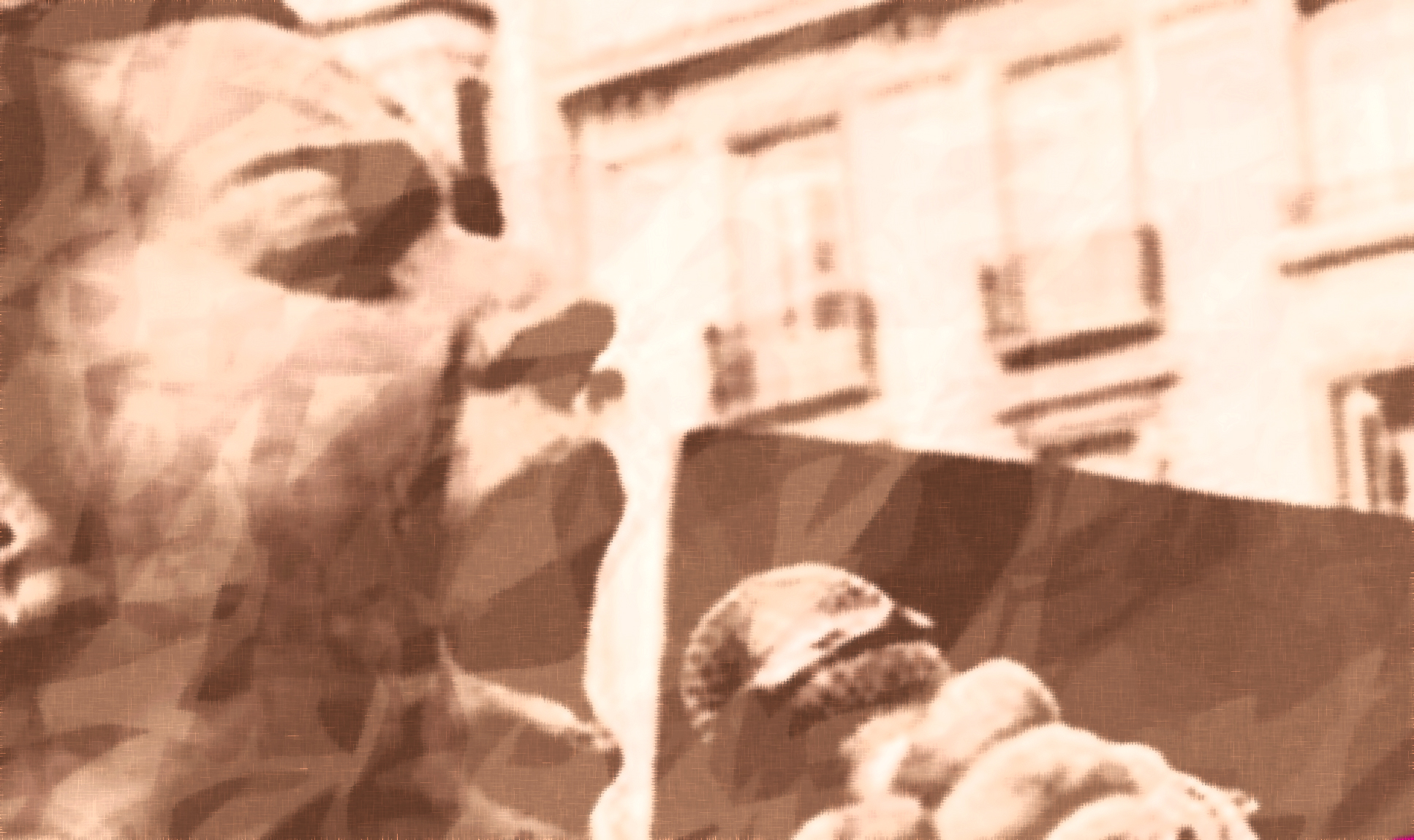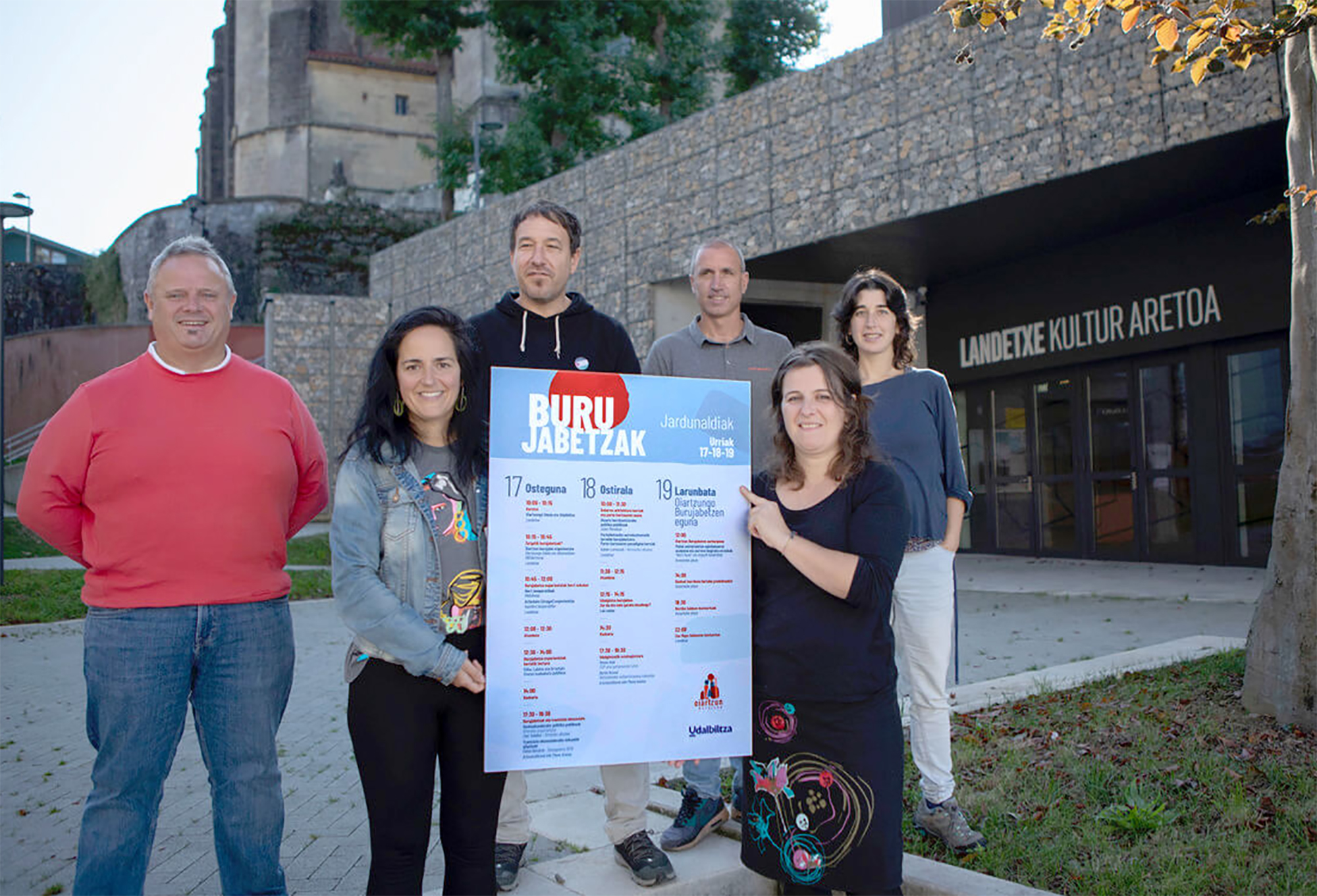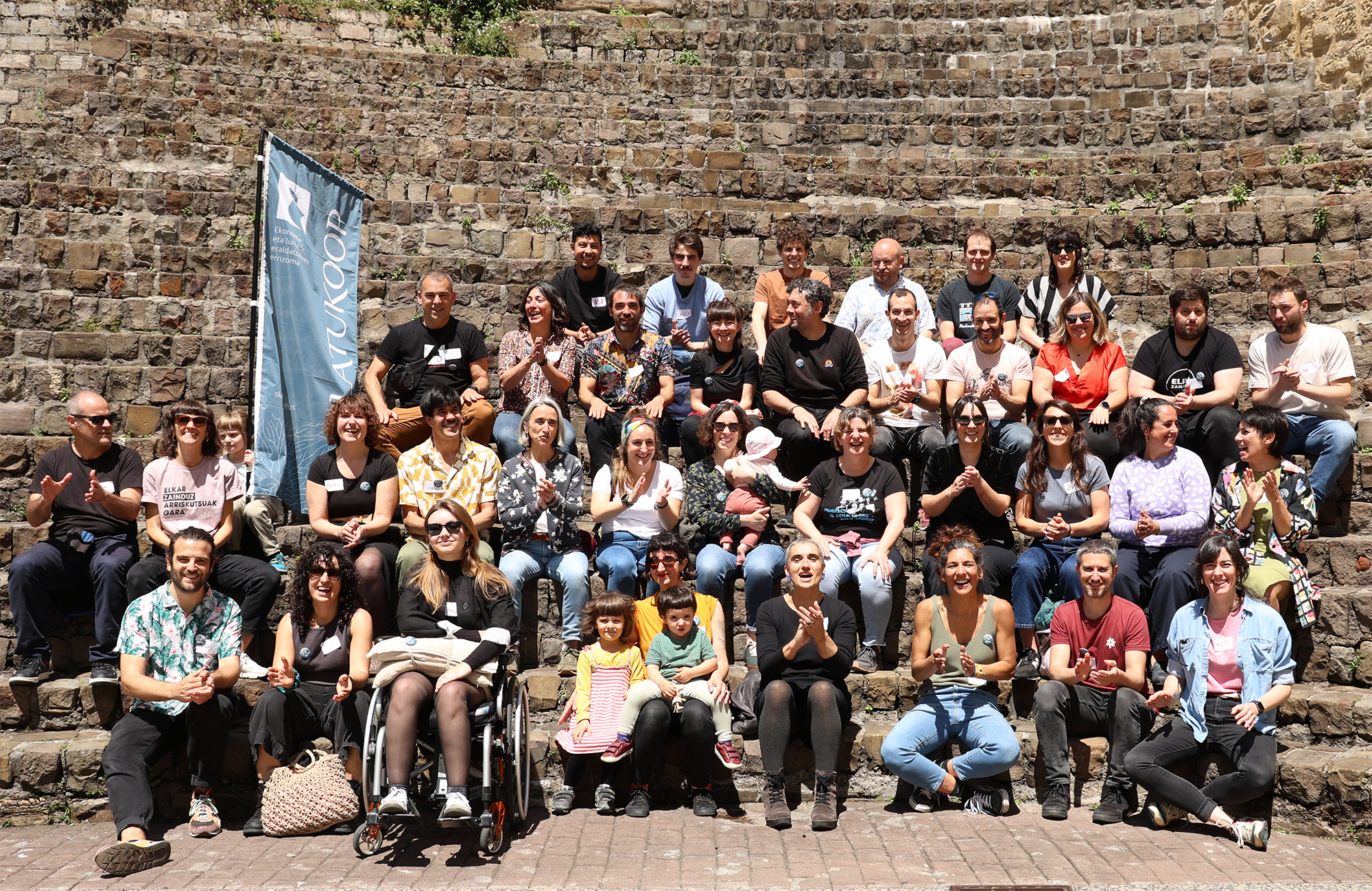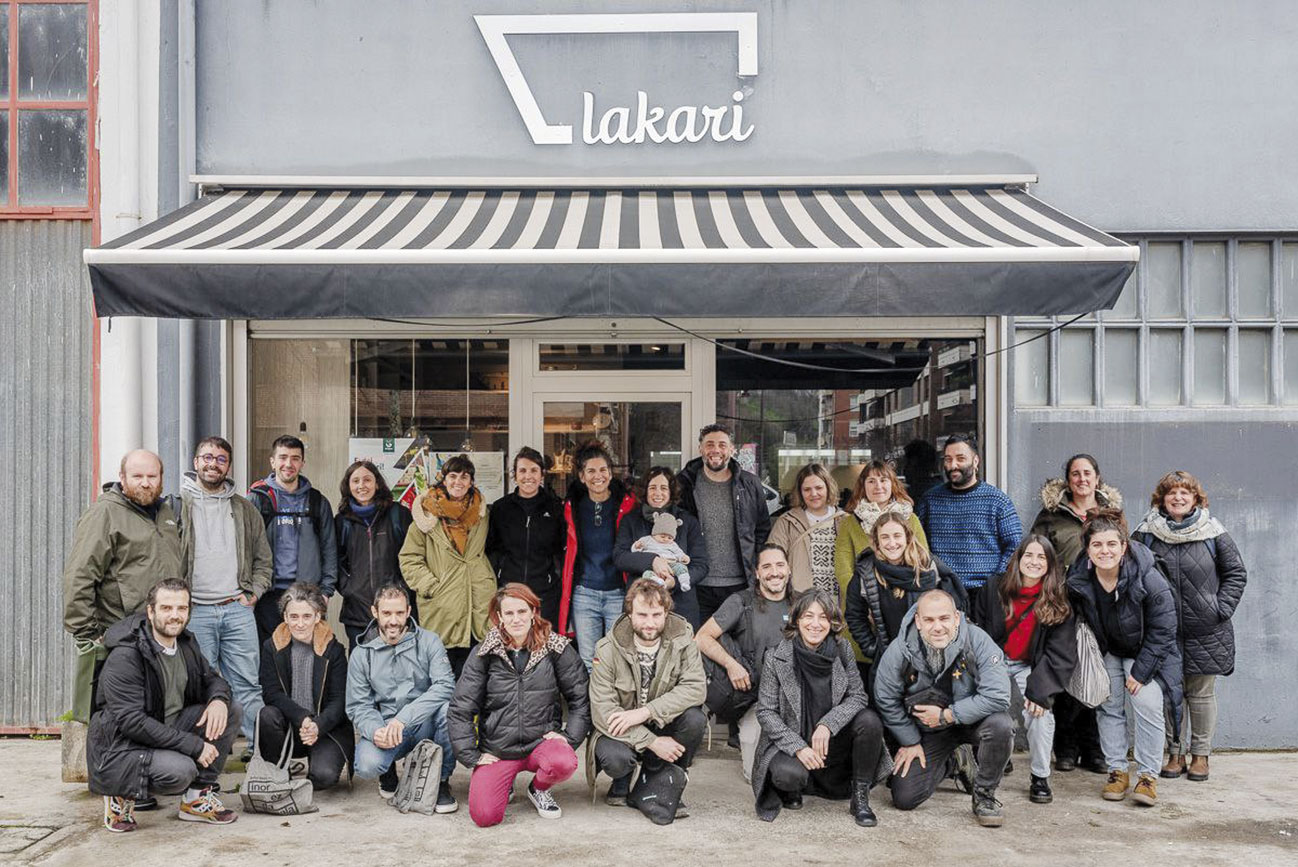The revolution is to keep the host alive in the small town of Tarnac
- Dislodge rural land, its effects on landscape, local life and climate change, the damage that affects people and human groups... Finally, the authorities have also begun to become aware of the gravity of the problem, as has the assembly held in Iruña and Lakabe on the regeneration of abandoned villages in Navarre. But haemorrhage has not stopped, not even in rich Europe, where often the jargon of utopia is the last support of the old neo-rural who come from the city.
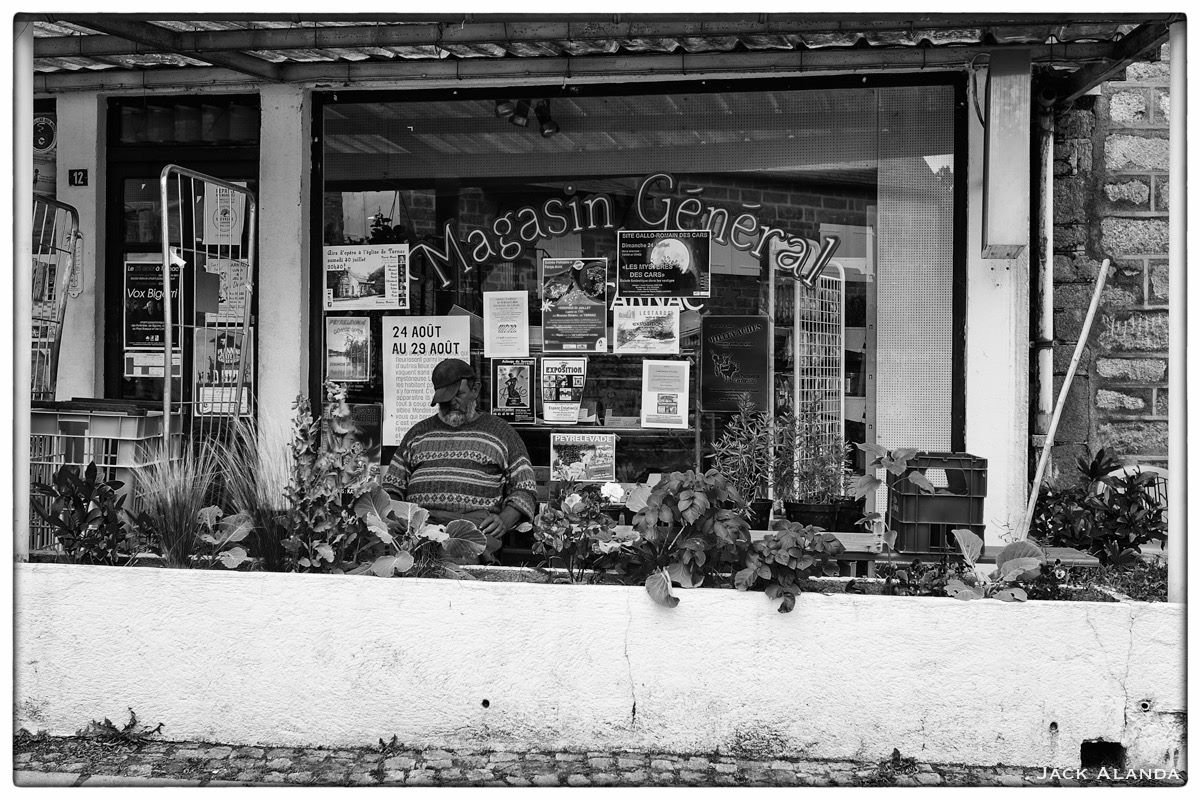
The video hung on the internet “La tournée du Magasin General de Tarnac” (The Return of General Trade of Tarnac) lasts three and a half minutes. There are still lorries in France who, as in the past, are selling at home. The people of Tarnac will find the white road as a meadow, with snow and ice, in the visit they will make to the inhabitants who live far from the city center: a solitary man who is hungry to speak, a dignified amatxi that retains irony... They will buy the cheese, the pasta, the bread, the amount needed to cook the typical meals of each day. The young driver works voluntarily in a distribution that is not the sale.
Tarnac (320 inhabitants) is a town in the Limousin region, at the upper end of the Greater Aquitaine, where the Basques are also located. In 2004, a dozen young people arrived in this town, dying like so many other scientists, to settle in villages and houses with the desire to organize a different life on the edge of the system, from cities such as Bordeaux, young cults, politically displaced to anti-capitalist or anarchist.
They had reason to choose Tarnac: in the villages of the highlands of Plateau des Millevaches (in the Occitan of Miuvachas), as rich as in forests and fields, there are already ongoing projects based on the social and solidarity economy and on alternative development. Names of Millevaches II. It evokes the resistance and machines of the World War, as well as the previous ones. The people of Gentioux have a monument to those killed by the war of 1914-1918, in which under 58 names you can read what would be unacceptable in any part of France: “Curse is war.”
“If anyone – say the leaders of Magasin General – had told us that three years later we had to take care of a small village store, we would have laughed at him.”
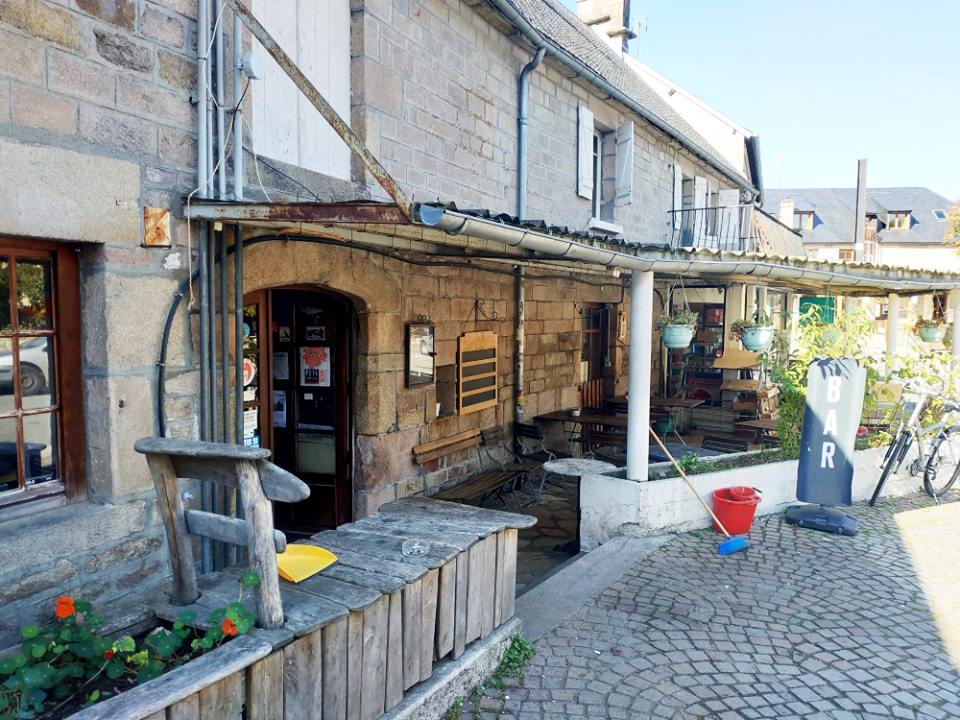
In 2007, however, the young people took over the trade, which has a daily delivery truck that reaches the villages of the area, the only accommodation of the town that also offers daily meals, a small library, children's playground, a small meeting room... “We entered this adventure for not seeing the last public place of this small town disappear, as this was our starting point when we arrived in Millevaches, which made us a warm welcome. Closing this would be for us like killing the people.”
Eleven years later, thirty people participate in the daily activity of Magasín General. Accommodation for meals has become a cooperative canteen, have enriched the shelves of the old low-supply shop, have increased organic and near-proximity food, have been introduced into the school dining room, services have been organized for the elderly and disabled, etc.
Now they want to buy the building itself, to do so they have organized a crowdfunding fundraising through the platform Ulule.Para on December 12 would need 52,000 euros, 24,000 in the first step, compared to 16,000 that had a lack of 24 days, and 100,000 in 2019.
Not everything has been milky in these years. In the early morning of November 11, 2008, in San Martin, 150 police officers took Tarnac to arrest nine people in a raid that would reach some twenty total arrests with those of Paris and Rouen. After releasing eleven immediately, the nine in Tarnac were accused of forming a criminal organisation dedicated to the use of terrorism, accusing them of sabotaging several power lines on the French railways. During the months of October and November, when electricity supplies to the TGV trains were suspended, unknown people had managed to stop 160. Ten years later, in April 2018, the judges declared all innocent.
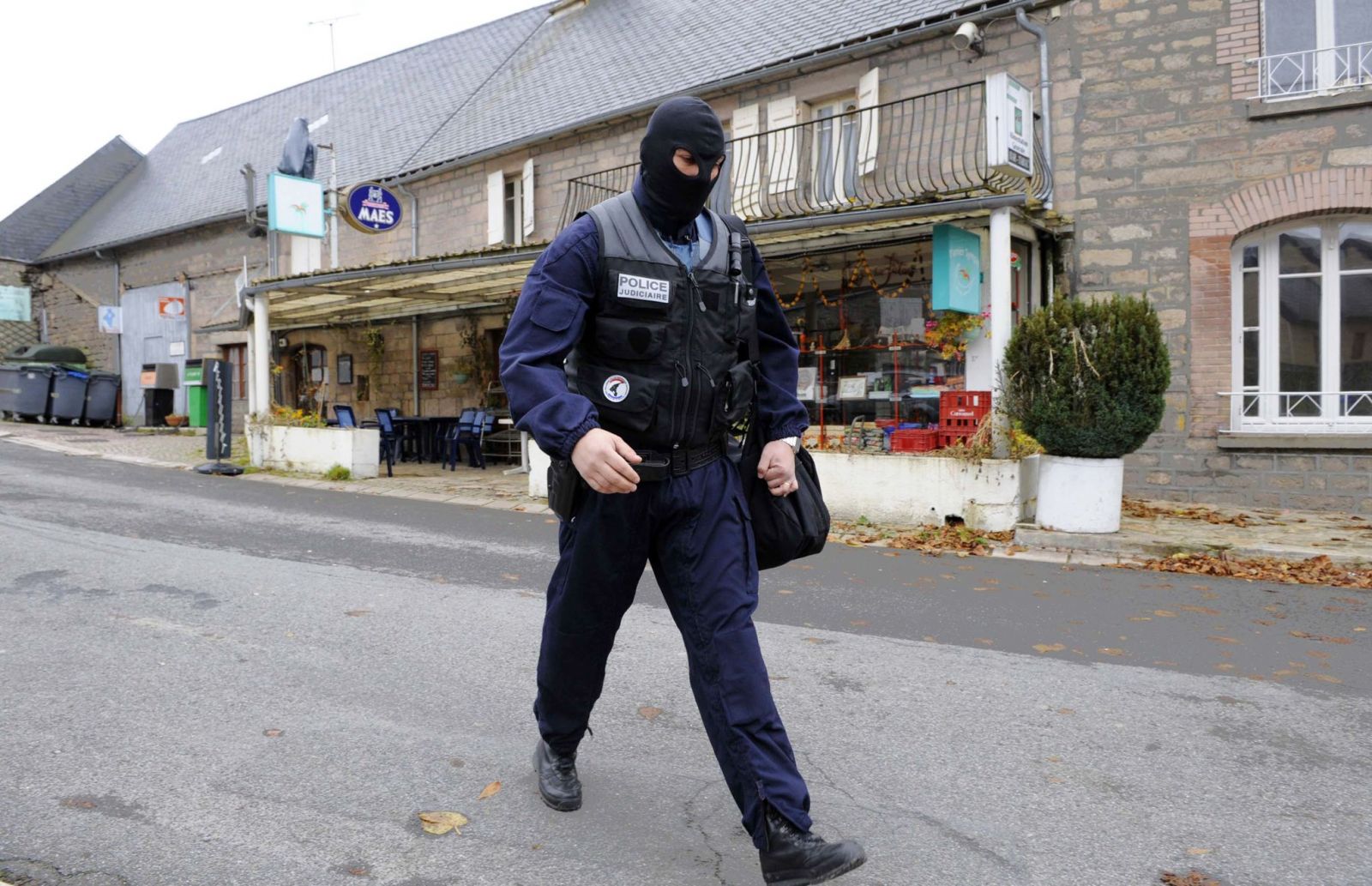
Bloom what almost deserted
The journalist David Dufresne explained in the book “Tarnac Magasin General”, the result of three years of research work, the essence of one of the great scandals of French anti-terrorism in recent years. He interviewed senior officials from the secret services who intervened directly in the operation, judges, militants and their relatives, offering a terrible portrait of French anti-terrorism.
“The arrests,” Dufresn said, directed directly from the Ministry of the Interior, were carried out before the television cameras. It was a crucial moment for the authorities in Paris who wanted to bring to the attention of the public the effectiveness of the French FBI, which was then DCRI and which would then be DGSI. It was a top order in the government and the beginning of a huge fiasco.”
Tarnac was directly involved in the matter by the Minister of the Interior Labortana, Michelle Alliot Marie, who was Mayor of San Juan de Luz and who is still a Member of Parliament today. Alliot Marie publicly presented the detainees as members of a major anarchist conspiracy. Then, as the case progresses and some media are investigating more deeply, the story of a group that wanted to put France on its feet remained nothing. That is true, most of the ten detainees spent several weeks in prison, one more year the most famous of the suspects, Julien Coupat, and a long calvary for all in the courts.
The group of Magasín General is not to hide the issue and in the paper they have put to argue the collection in Ulule they clearly explain the theme: “The issue started in 2008 with the operation of the anti-terrorist police and its media will mark for a long time the image of the [project]. But if the rulers hit the coup to dissolve the collective, instead, relations were strengthened to deal with the tragedy, based on this common place.”

At the Tarnac store-bar there is no lack of movement today, you only see the activities and agenda of Magasin General on Facebook: apart from dinners and celebrations, talks, concerts, theatres, book presentations, film screenings... The struggles for social and climate justice, the SDGs, solidarity with the new immigrants confronted by the French State, those who oppose large infrastructures, antinuclear or those who want to curb the jungle disaster are very present.
In addition to Tarnac, the movement is noted throughout the Millevagons region, as if those of the twenty-first century had inherited the new 68-year-old baserritars. Cultural associations, small lodgings and shops, Tele Millevaches herri telebista... and hot political and social debates. In Gentioux, through a stone from Tarnac, the center of shops of similar characteristics has been restored and has been called La Renouée, Berriz Hasia. In Ipar Euskal Herria we learned “The people have to live”.
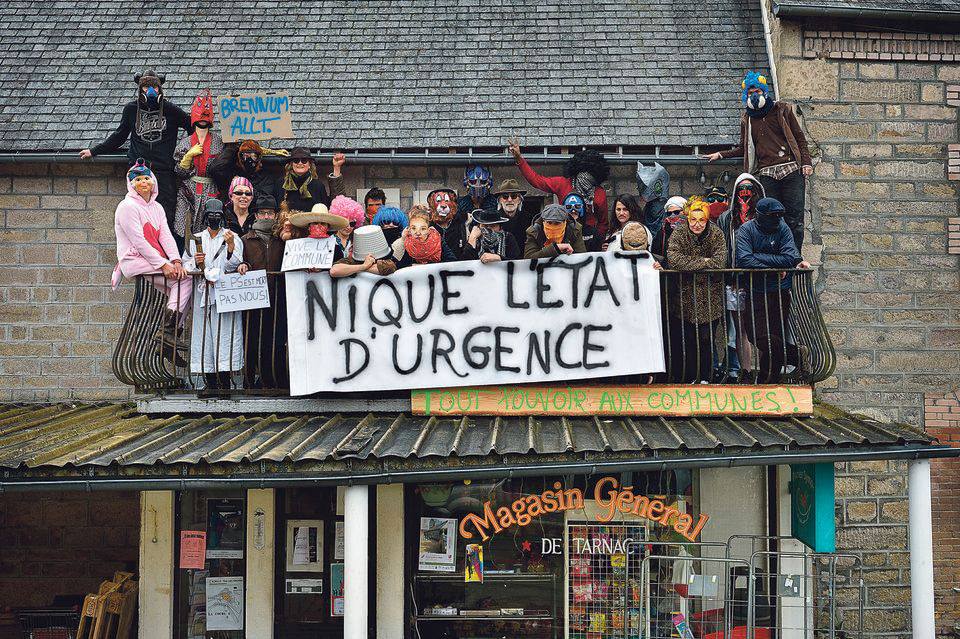
Gasteizko Eraman kooperatibak banaketa “era jasangarri eta etikoan” eginez bertako komertzioa bultzatzeko helburua du bere sorreratik, Arabako hiriburuan eta hango bizilagunengan pentsatuta. Hainbat ekimenetan parte hartzen du, horien artean ikasturte honetan egiten... [+]
Gure lurraldeetan eta bizitzetan sortzen diren behar, desio eta ekimenen inguruan gero eta gehiago entzuten dugu harreman eta proiektu publiko-komunitarioak landu beharraz, eta pozgarria da benetan, merkaturik gabeko gizarte antolaketarako ezinbesteko eredua baita. Baina... [+]
Budgets and the closure of annual accounts are nothing more at this time, from the domestic economy to most of the socio-economic spaces that we share. Large companies have begun to extract calculators and implement major plans for 2025. Small and medium-sized institutions and... [+]
I write these lines the day after the elections to the European Parliament, the dark times, the triumph of the Reactionary International in the elections to the European Parliament. It was already in advance and it is the confirmation of the conservative phase we live in, but it... [+]












